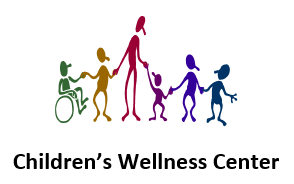Early Signs of Sensory Processing Issues in Infants and Toddlers
Most people explore the world with a variety of system-based senses which include the five basic ones (sight, sound, touch, smell, and taste), in addition to interoception (sensing pain, thirst, hunger, and temperature), the vestibular system, and the proprioception system (which help us balance, move around, and understand our body’s orientation in space). While using […]
Early Signs of Sensory Processing Issues in Infants and Toddlers Read More »











